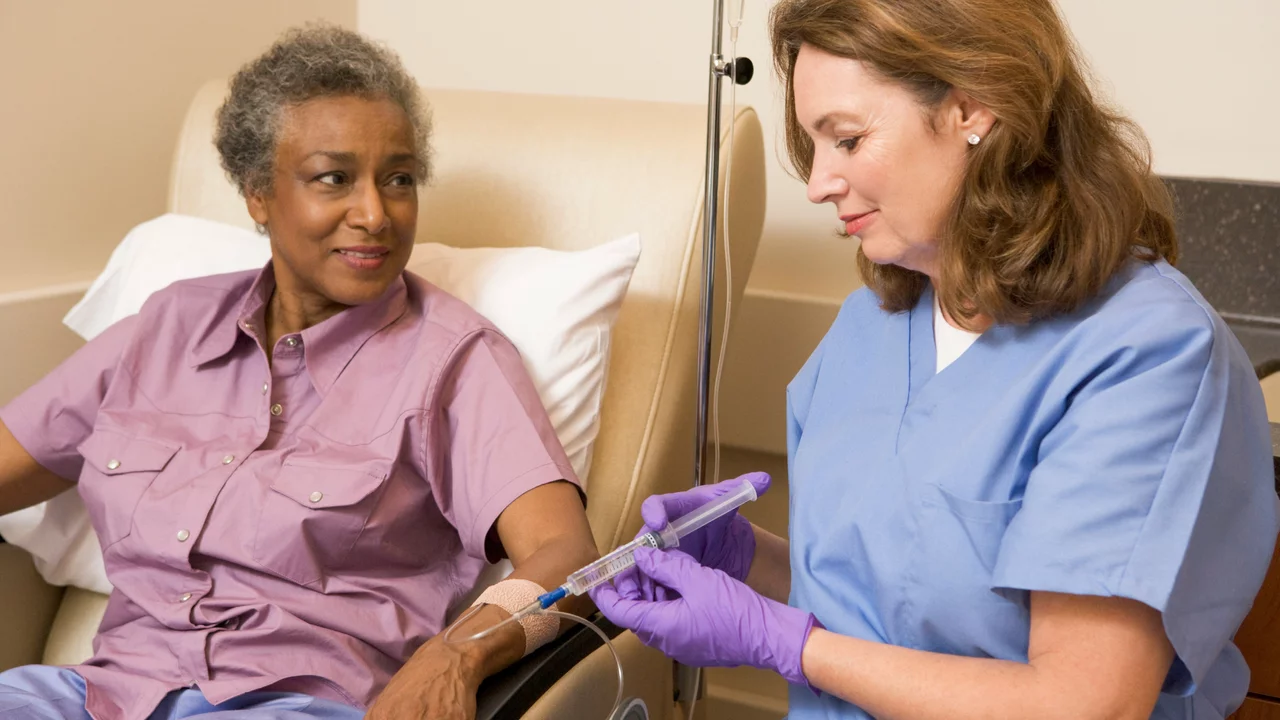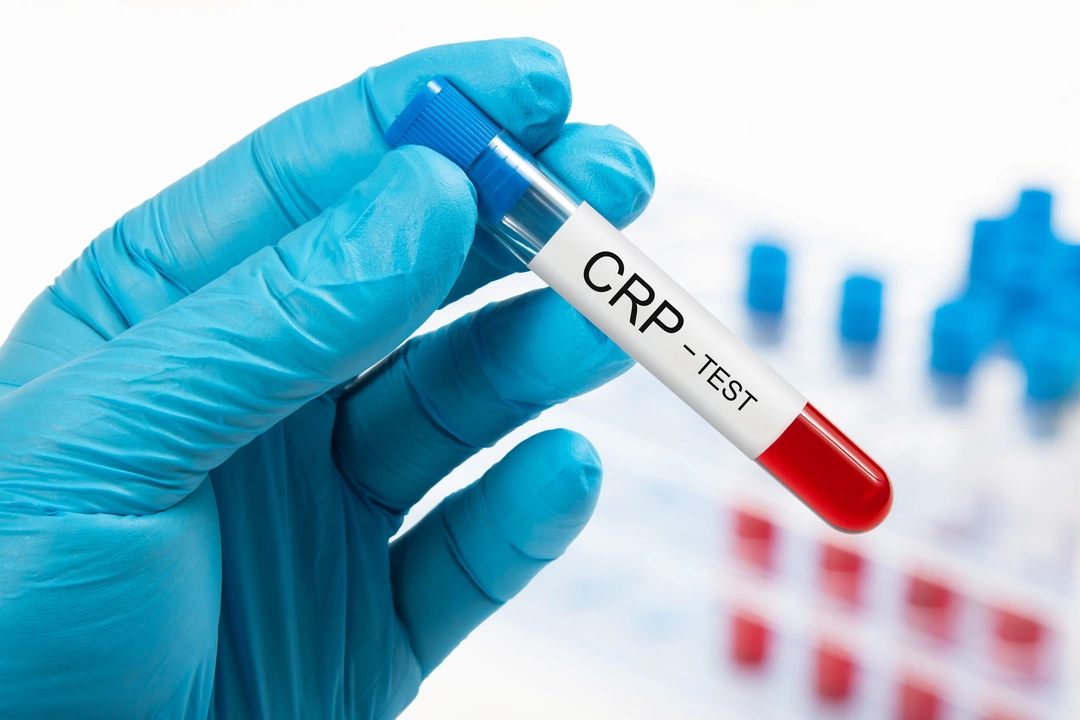Cancer Therapy Made Clear: What You Need to Know
When it comes to cancer therapy, the choices can feel overwhelming. You’ve probably heard terms like chemotherapy, radiation, immunotherapy, and targeted therapy—but what do they actually mean for you or a loved one facing cancer? Let’s make it simple. Cancer therapy aims to either eliminate cancer cells, slow their growth, or relieve symptoms. The treatments vary widely depending on the type and stage of cancer as well as individual health.
One of the classic approaches is chemotherapy, which uses drugs to kill fast-growing cells. While chemo can work well, it often affects healthy cells too, leading to side effects like fatigue, nausea, and hair loss. That’s why newer options like targeted therapy have gained attention — these focus on specific molecules involved in cancer, reducing harm to normal cells.
Immunotherapy and Its Growing Role
Immunotherapy is changing the game by helping your immune system spot and attack cancer. Unlike traditional treatments, it works by boosting your body’s natural defenses. People with certain cancers, like melanoma or lung cancer, have seen promising results. But it’s not without its quirks — immune-related side effects can be different and sometimes tricky to manage.
There’s also radiation therapy, which uses high-energy rays to destroy cancer cells in a targeted area. It often complements other treatments or helps when surgery isn’t an option. Side effects depend on where treatment is focused but commonly include skin irritation or fatigue.
Finding the Right Approach for You
Choosing the proper therapy involves more than just the cancer type. Factors like your overall health, treatment goals, and lifestyle matter. Doctors usually combine therapies to get the best outcome. For example, chemo plus immunotherapy can sometimes increase effectiveness.
Remember, every treatment comes with potential risks and benefits. It pays to ask questions: How will this treatment affect my daily life? What side effects should I watch for? Are there newer options or clinical trials available? Being informed helps you make choices that align with your needs.
At ChemistClick, we gather reliable info to guide you through cancer therapy options and help you understand what’s ahead. If you or someone close is facing cancer, you don’t have to navigate it alone. Knowledge makes a powerful ally when tackling this tough journey.

Real-Life Experiences of Patients Undergoing Fluorouracil Treatment
From my deep dive into the real-life experiences of patients undergoing Fluorouracil treatment, I've come to understand that it's a mixed bag. Many patients report side effects like nausea, diarrhea, and skin issues, which can be quite challenging to cope with. However, the silver lining here is the effectiveness of the treatment in combating various types of cancer, which offers a ray of hope to many. It's clear that while the journey is tough, the potential benefits can make it worth the struggle. Always remember, everyone's experience is unique, so it's important to discuss any concerns with your healthcare provider.

The importance of regular blood tests during capecitabine treatment
As a patient undergoing capecitabine treatment, I cannot stress enough the importance of regular blood tests. These tests help monitor the effectiveness of the treatment and ensure that our body is responding well to the medication. Blood tests also aid in detecting any potential side effects early on, allowing for timely adjustments to the treatment plan. Furthermore, they provide valuable information on our overall health, ensuring that any unrelated issues are addressed promptly. In summary, regular blood tests during capecitabine treatment are crucial for optimal treatment outcomes and maintaining good health.





